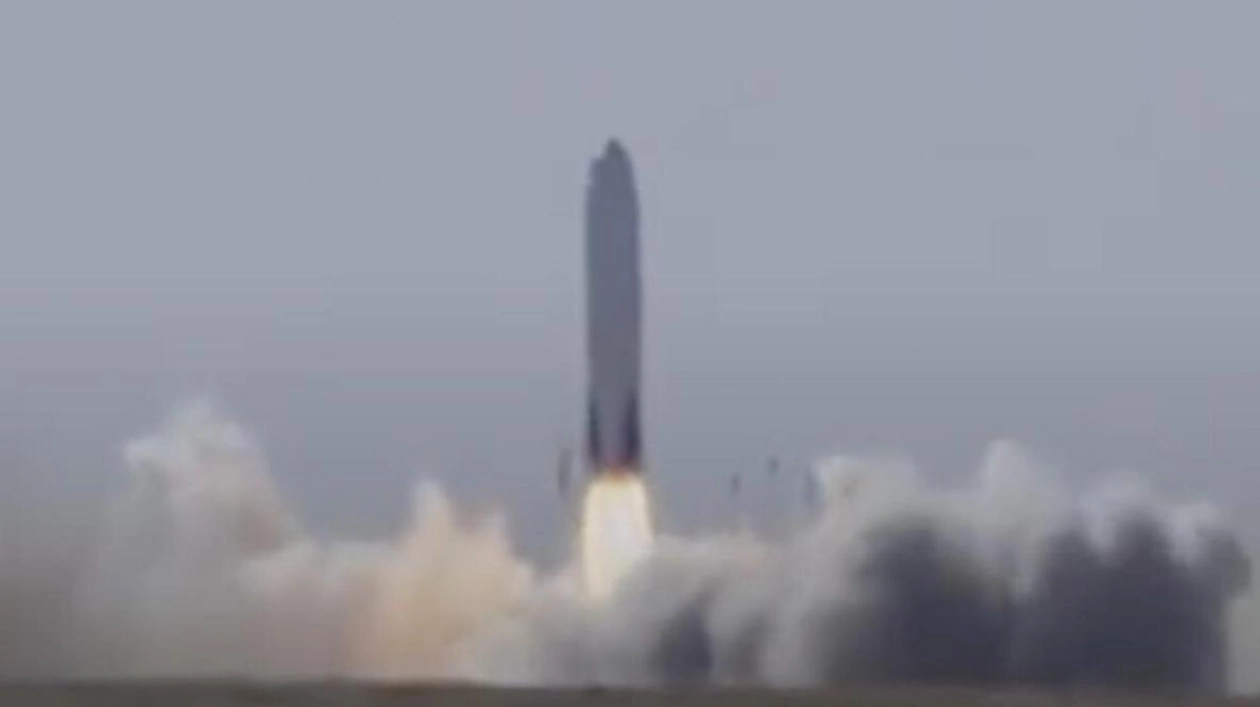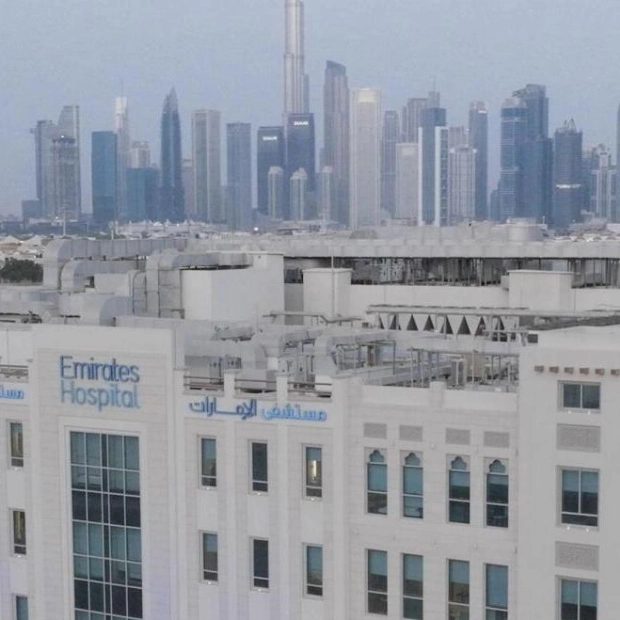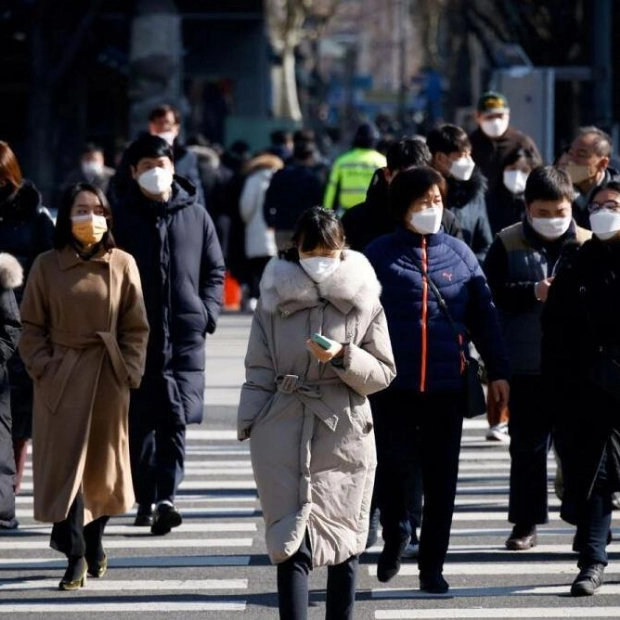China's Deep Blue Aerospace announced on Sunday that its pioneering reusable kerosene-fueled rocket, Nebula-1, experienced a setback during a high-altitude vertical recovery test flight in Inner Mongolia's northern region. The rocket failed to complete its final stage, resulting in a crash.
According to the private rocket startup's statement, the spacecraft successfully accomplished 10 out of its 11 planned tasks. The Nebula-1's three thrusters ignited as expected, propelling the rocket skyward. Subsequently, two of its engines disengaged as scheduled, initiating the descent process. However, as the Nebula-1 approached its launch pad for landing, its landing system malfunctioned, causing a hard touchdown. This led to the rocket's upper section breaking off and falling to its side, with visible fire damage to its exterior, as evidenced by test images.
Investors and rocket developers have highlighted the potential of alternative fuels such as kerosene, methane, and liquid oxygen to significantly reduce costs and enhance the efficiency and environmental friendliness of rocket launches. Over the past year, several private Chinese rocket startups have conducted various spacecraft tests, driven by the growing demand in China's burgeoning commercial space industry. This surge in activity is partly due to increased competition to establish satellite constellations as a viable alternative to Elon Musk's Starlink.






